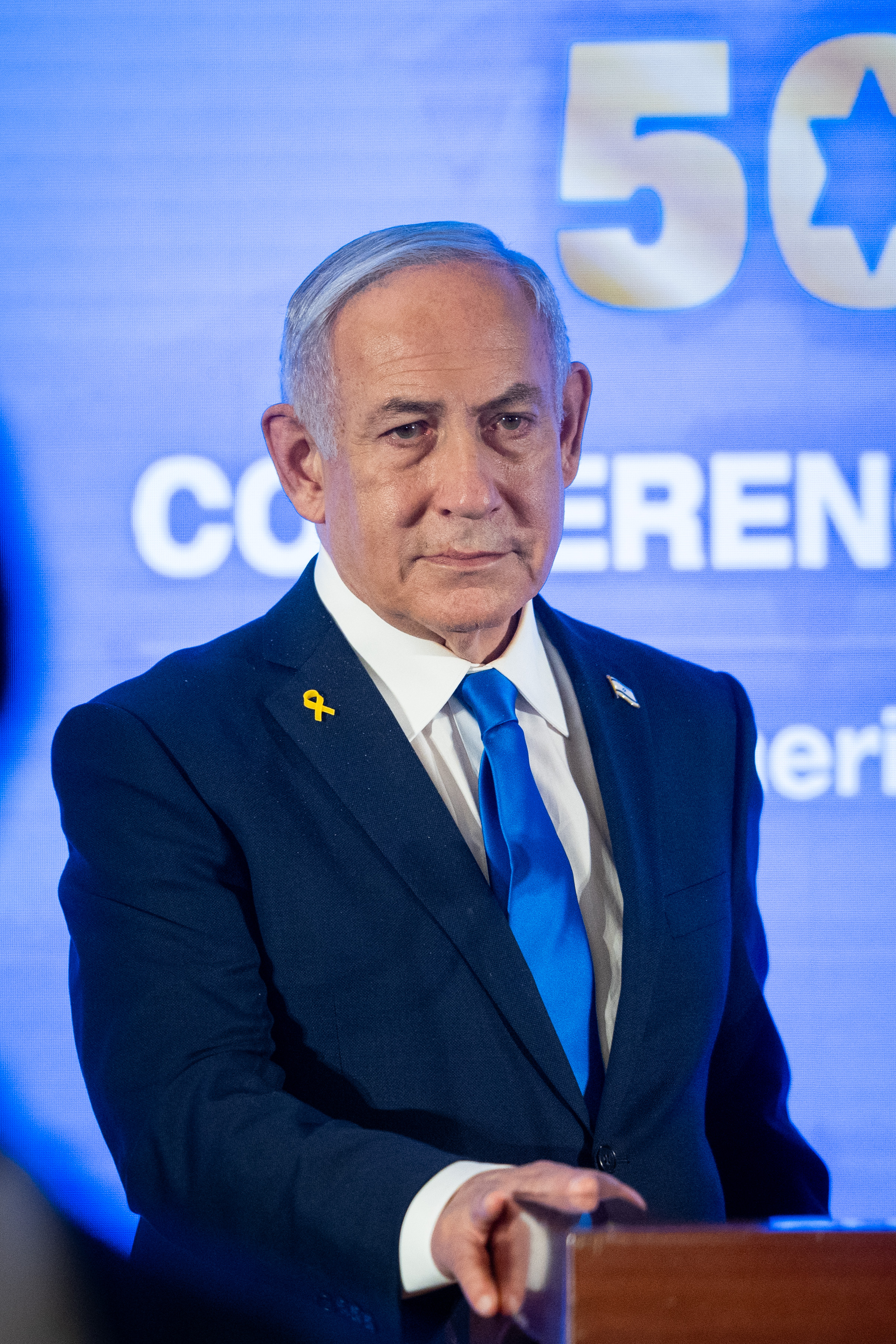Ten Reasons Why Israelis Keep Believing the Biggest Lie of Their Lives
Despite appearances, Israel’s governing institutions operate in tacit coordination. This article explores the social, cultural, and economic conditions that sustain the illusion of internal struggle - and why the public continues to accept it.

In this article, we argue that there are several core reasons why the Israeli public continues to accept what may be the central deception of its collective experience: the illusion that there is a genuine struggle between government institutions, when in reality, these entities are deeply coordinated with one another.
The roots of this deception include:
The invocation of antisemitism; is used to stifle criticism, discourage introspection, and portray all dissent from Israeli status-quo as a danger to Jewish survival.
9. The Endless Conflict as a Control Mechanism
The Israeli–Palestinian conflict serves not only as a geopolitical narrative but also as a domestic tool: a justification for censorship, military dominance, and suppressing Jewish-Israeli civil unrest.
10. The Illusion of Democracy
Democratic symbolism is waved like a flag to placate Israel's liberal center: elections, courts, and media appear independent, until they are revealed to function within tightly controlled boundaries.
These are the reasons why Israelis refuse to begin seeing that the elected and unelected institutions—though seemingly in conflict—are in fact coordinated down to the last screw.